Prime Minister Ana Brnabic said today that the deadline for adoption of the Media Strategy Action Plan is 16 May this year and added that the goal of this strategic document is freedom of the media and improvement of the media environment in our country.
- Serbia
Get to know Serbia
- Citizens
Culture and science
Health services
Pension and disability insurance
- Business
Employment
Economy
- Media
- Government
- Contact
Keep in touch
Keepin touch
Whether you have a question, comment, suggestion or any problem in the purview of the government, send us your message and we will try to respond as soon as possible. If your problem is not in our purview, we will forward your message to the relevant institution.
Media Strategy Action Plan to be adopted by mid-May
At a debate on the role of regulatory and self-regulatory bodies in pre-election reporting, organised by the OSCE Mission and the Norwegian Embassy in Serbia, Brnabic said she is proud of the way the media strategy was written.
She stated that there were nine representatives of journalist associations and nine representatives of the state in the working group, and added that now the same working group, made up of the same number of representatives, will also work on amendments to media laws.
Commenting on the remarks that "it has never been worse", she stated the fact that today there are media outlets that are critical of the government, whereas a report by the Anti-Corruption Council in 2011 stated that "there is no longer any media outlet from which citizens can receive complete and objective information".
We can discuss the number and visibility of such media outlets, but it is a fact that they exist, Brnabic said.
The Prime Minister also pointed out that a supervisory board of the Serbian parliament for the control of the media has now been established for the first time, five new members of the Regulatory Authority for Electronic Media have been elected at three vacancies and two have been replaced, and recommendations for broadcasters have also been issued.
She made a plea for dialogue and added that the media should not only criticise, but also report objectively, and that a corrective factor is certainly needed.
Referring to the fact that in January 2011 the European Parliament noted that insufficient Internet access hampers the proper informing of citizens, Brnabic underlined that today more than 60 percent of households have good Internet access.
She added that the Serbian government has earmarked some €18 million this year for incentives to operators to introduce Internet in households.
-
 Valjevo, 1 February 2025
Valjevo, 1 February 2025Last section of Lajkovac-Valjevo high-speed road opened
-
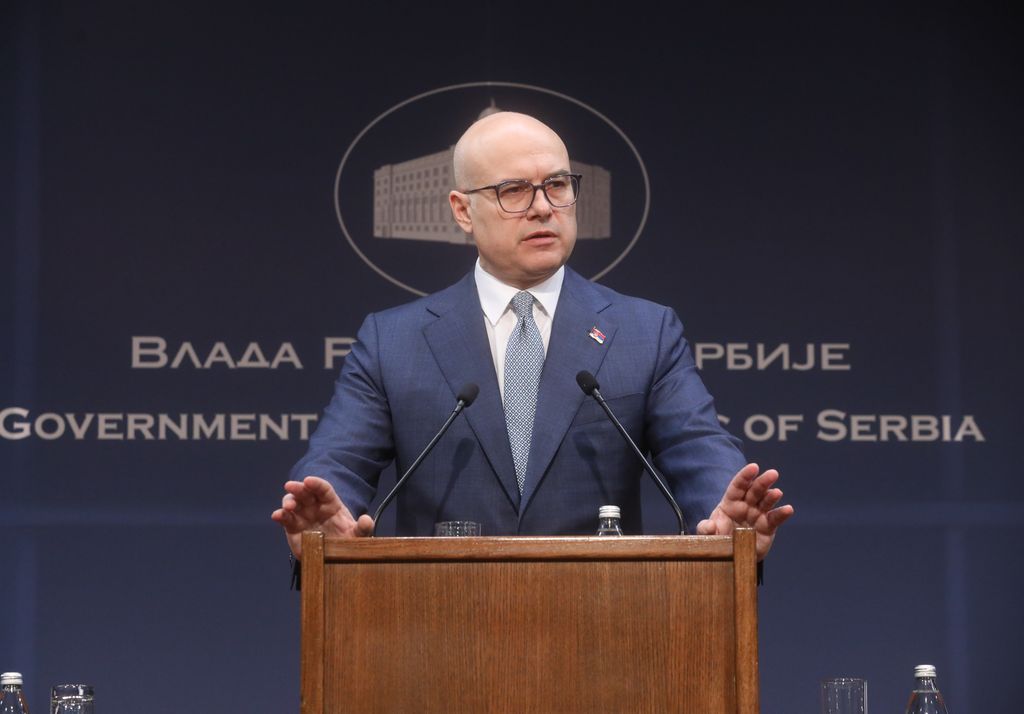 Belgrade, 28 January 2025
Belgrade, 28 January 2025Vučević resigns as Prime Minister
-
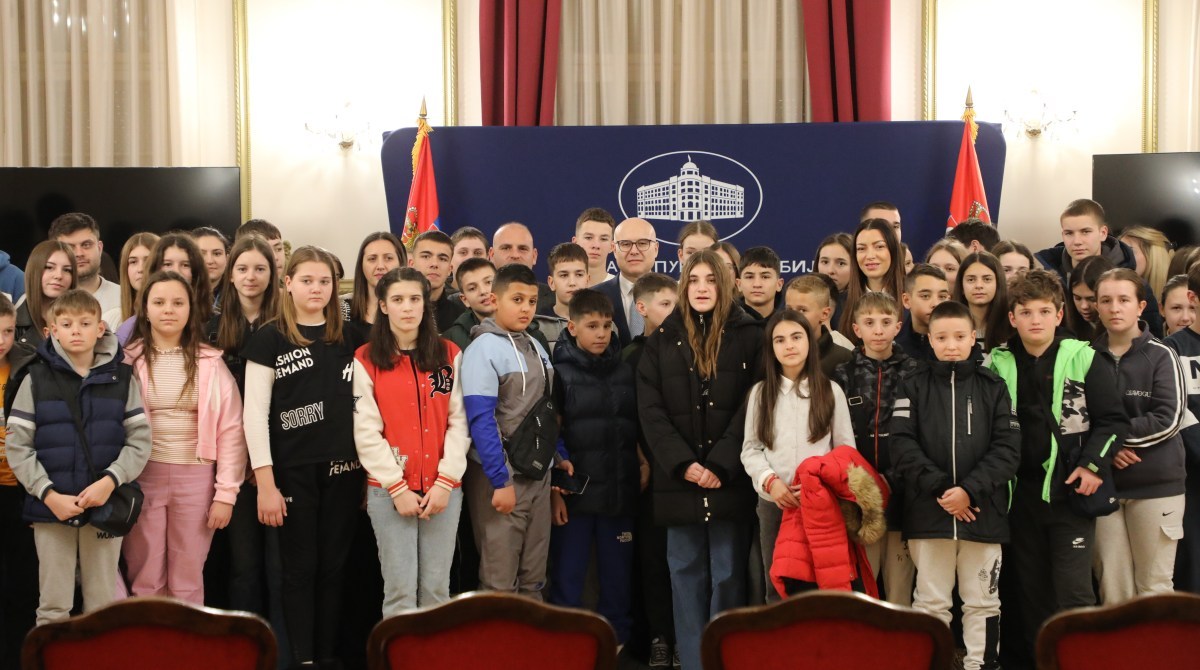 Belgrade, 28 January 2025
Belgrade, 28 January 2025Prime Minister hosts Serb children from Kosovo and Metohija
-
 Belgrade, 28 January 2025
Belgrade, 28 January 2025Chinese New Year celebrated for seventh time in Belgrade
-
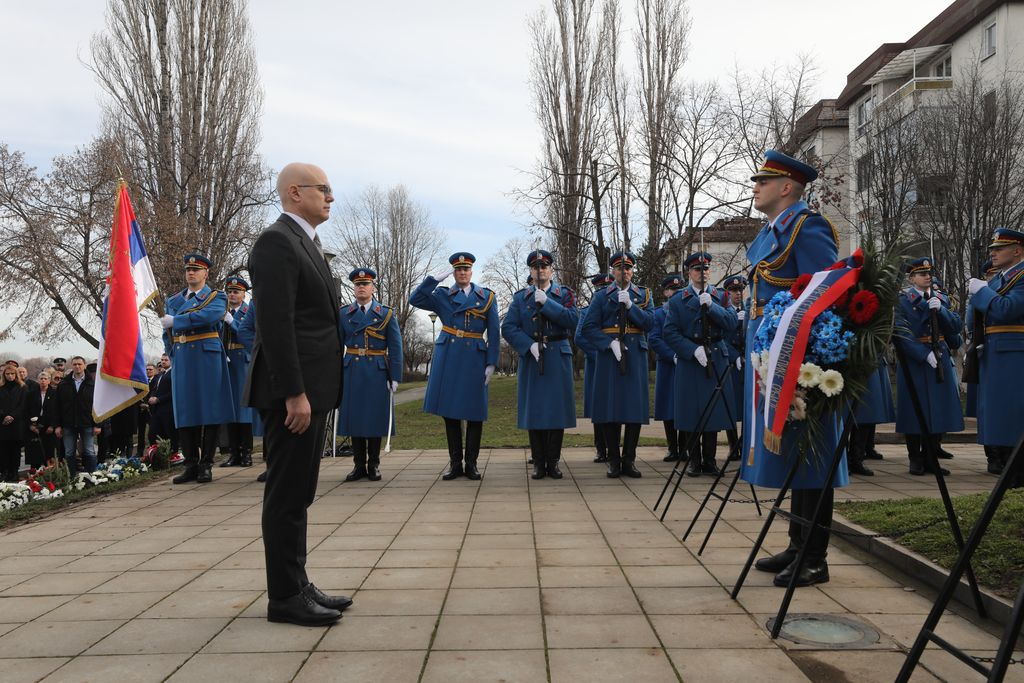 Belgrade, 27 January 2025
Belgrade, 27 January 2025Building lasting culture of remembrance for victims of Holocaust
-
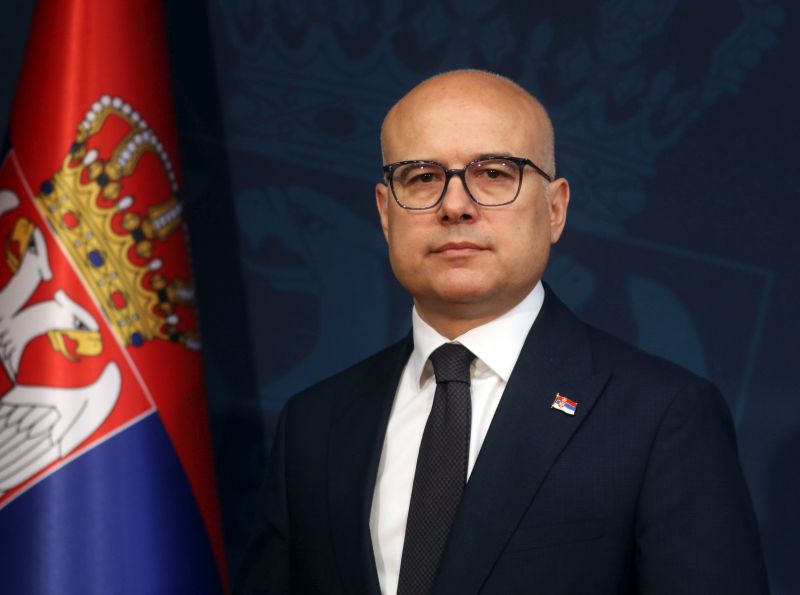 Belgrade, 26 January 2025
Belgrade, 26 January 2025Additional documentation on Novi Sad canopy collapse to be published promptly
-
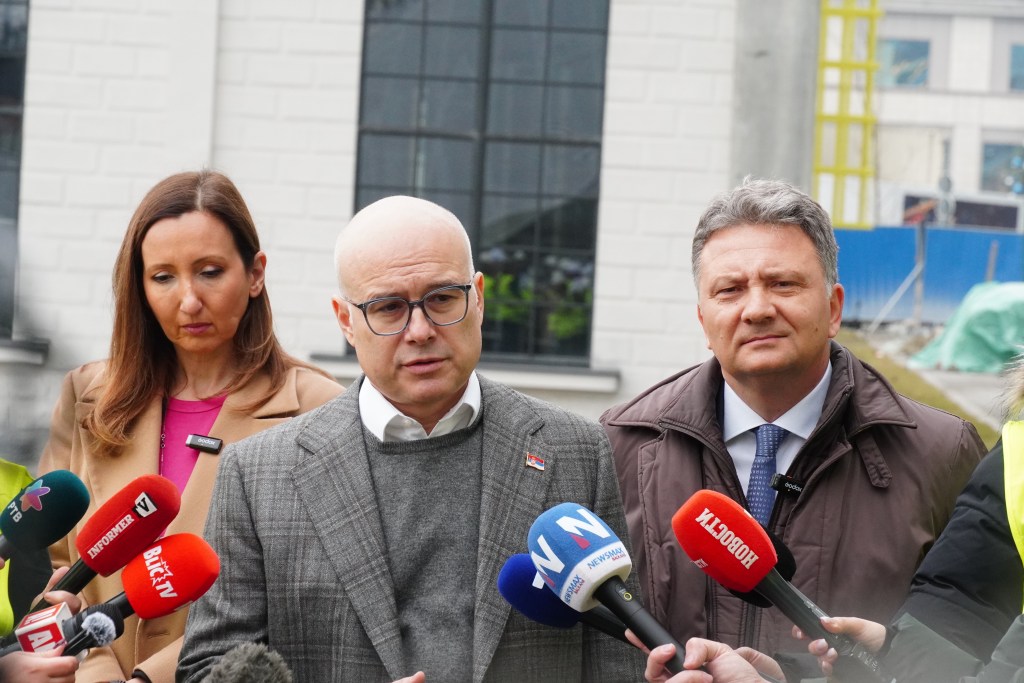 Belgrade, 23 January 2025
Belgrade, 23 January 2025Ložionica reconstruction project of great social importance
-
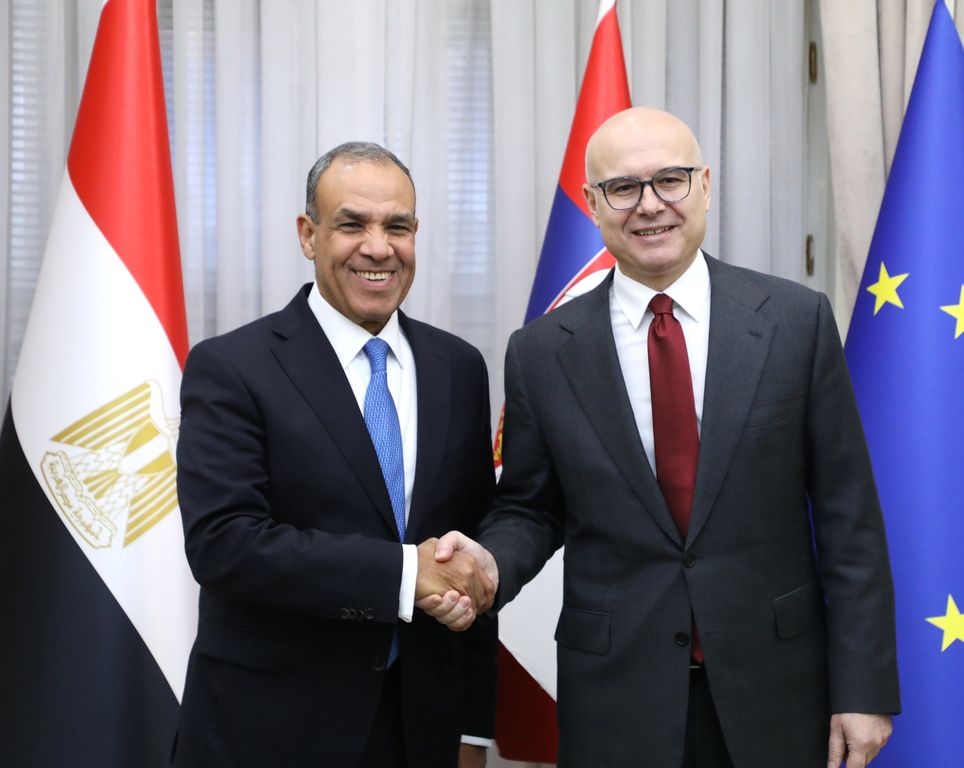 Belgrade, 22 January 2025
Belgrade, 22 January 2025Egyptian companies invited to invest in Serbia
-
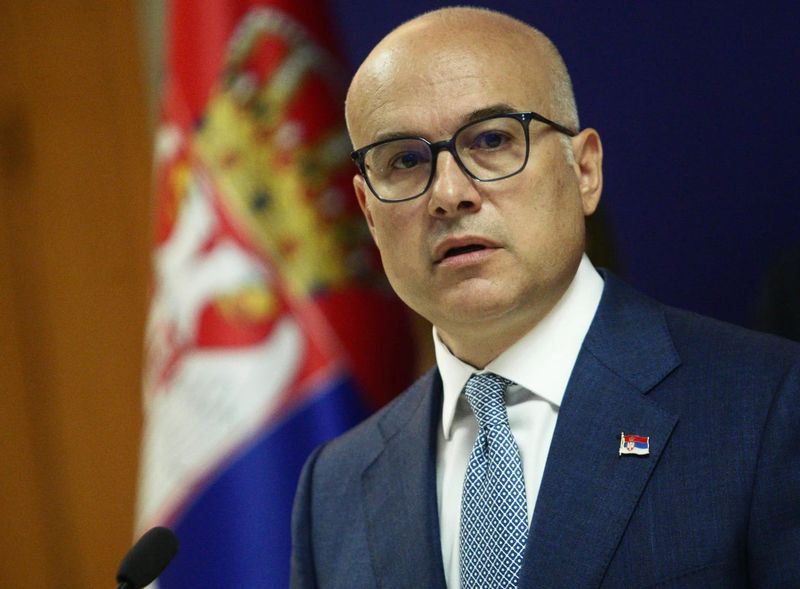 Belgrade, 21 January 2025
Belgrade, 21 January 2025Vučević sends condolences to Government of Türkiye for tragic loss of lives in fire
-
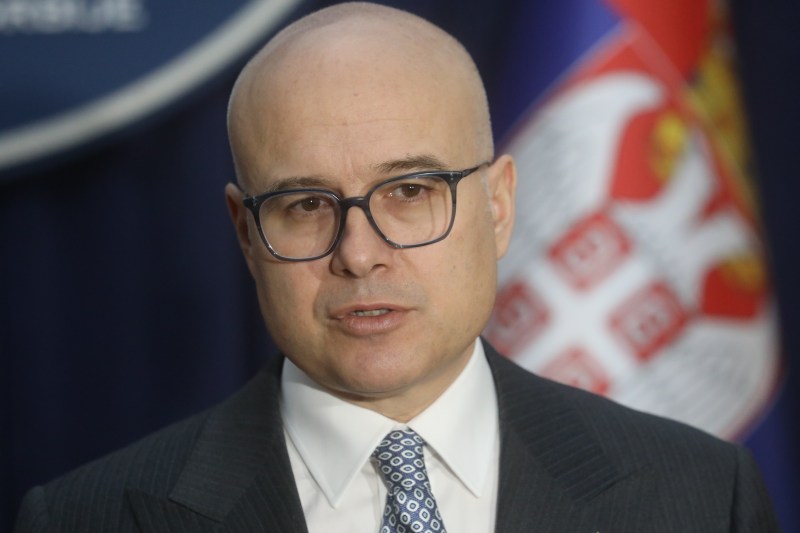 Belgrade, 20 January 2025
Belgrade, 20 January 2025Classes held in more than 80% of schools in Serbia







